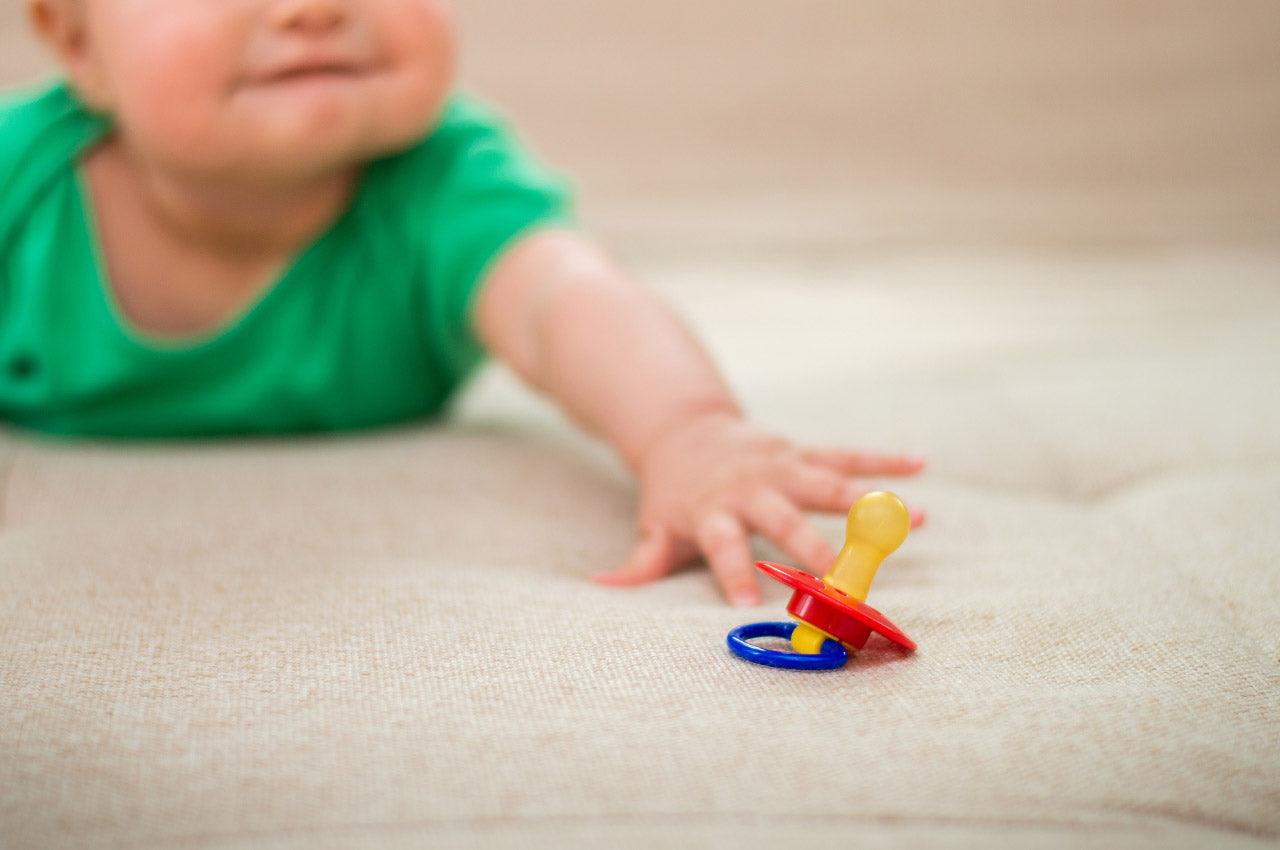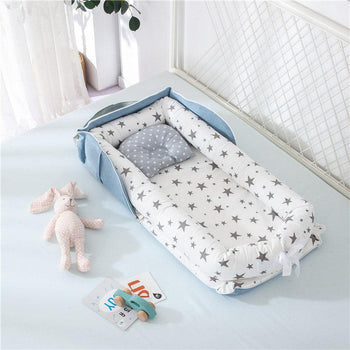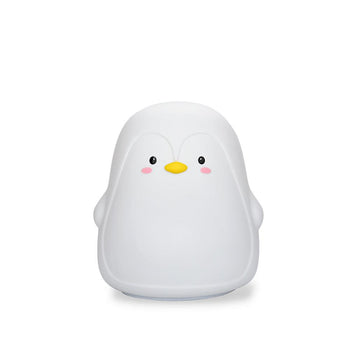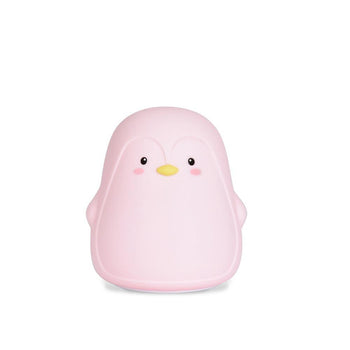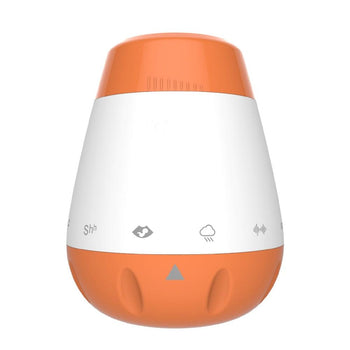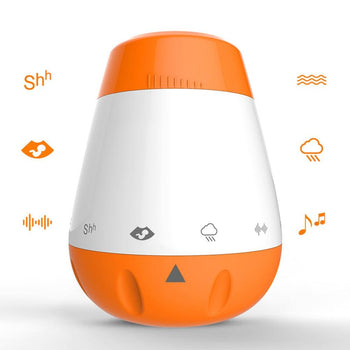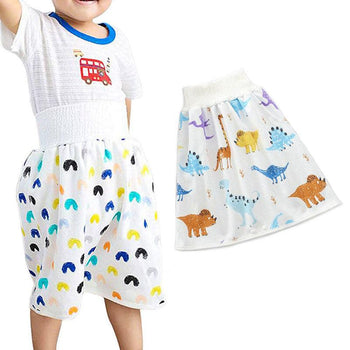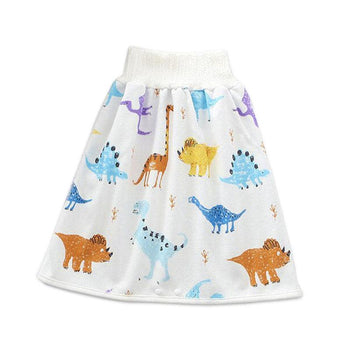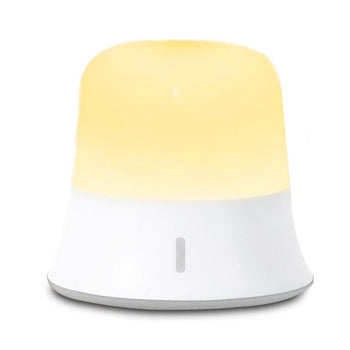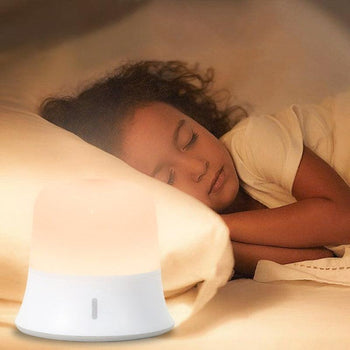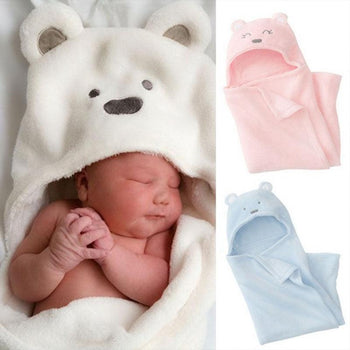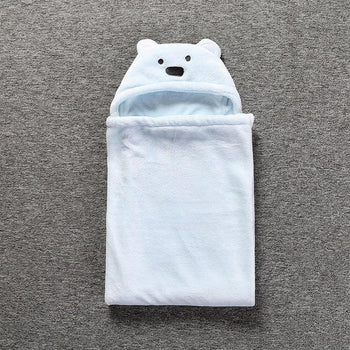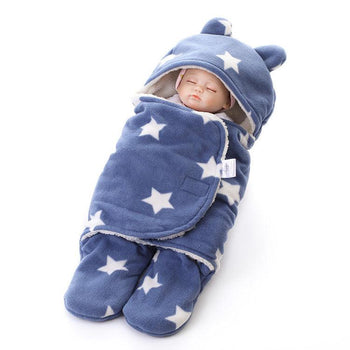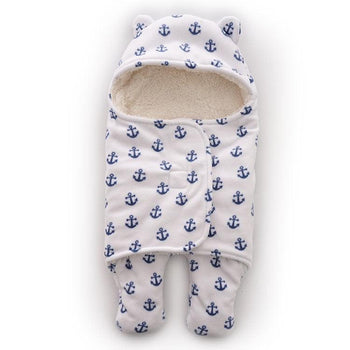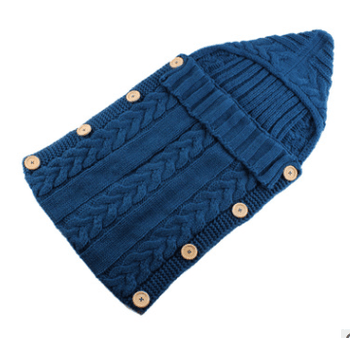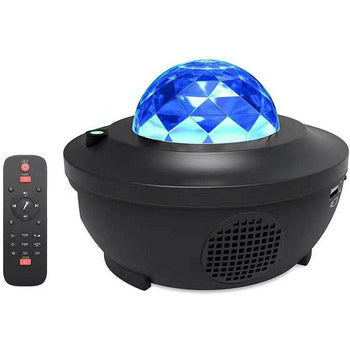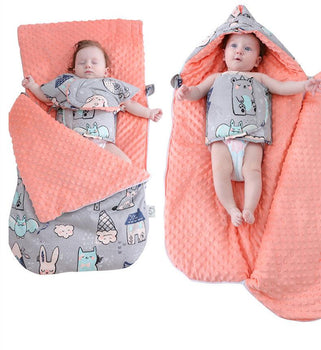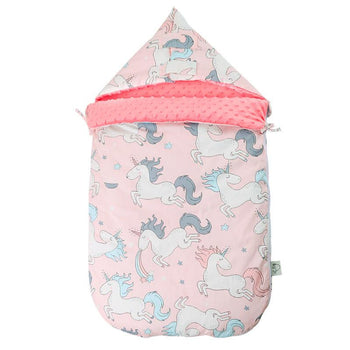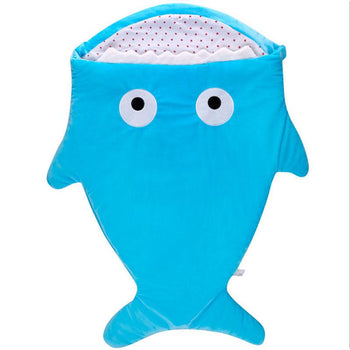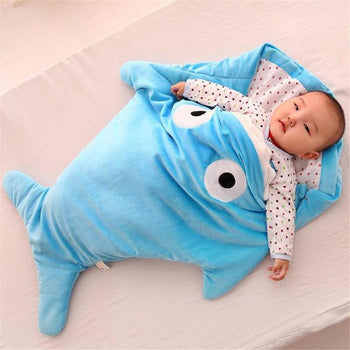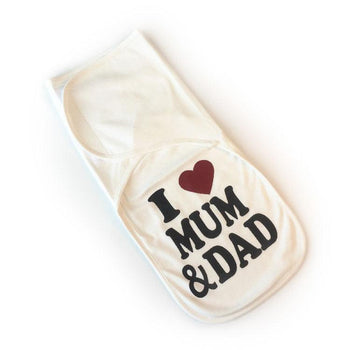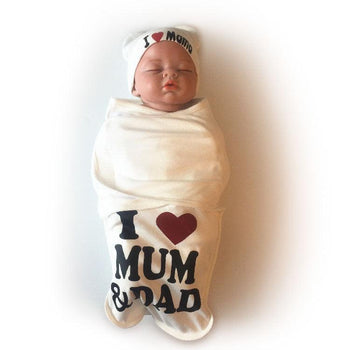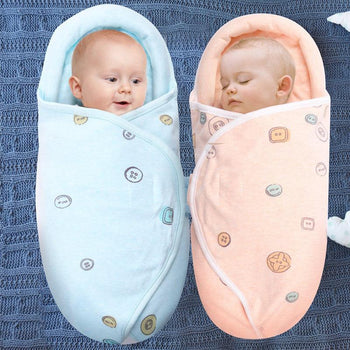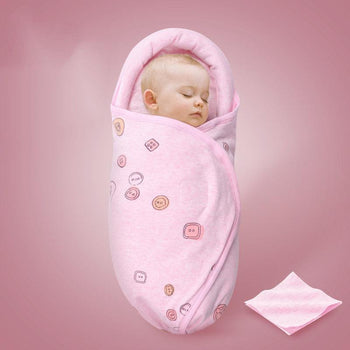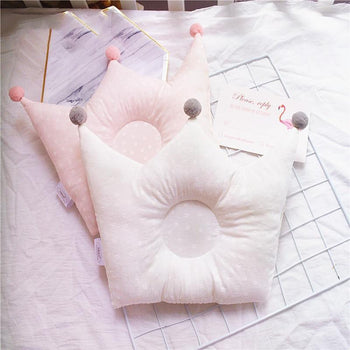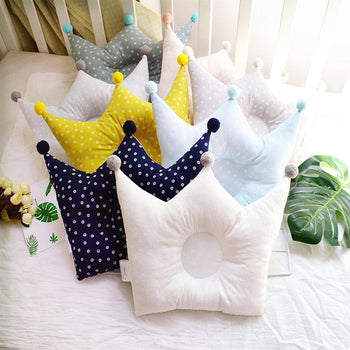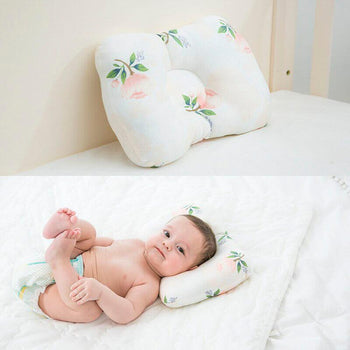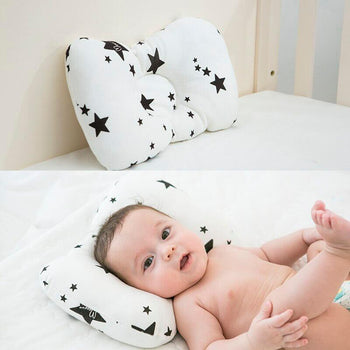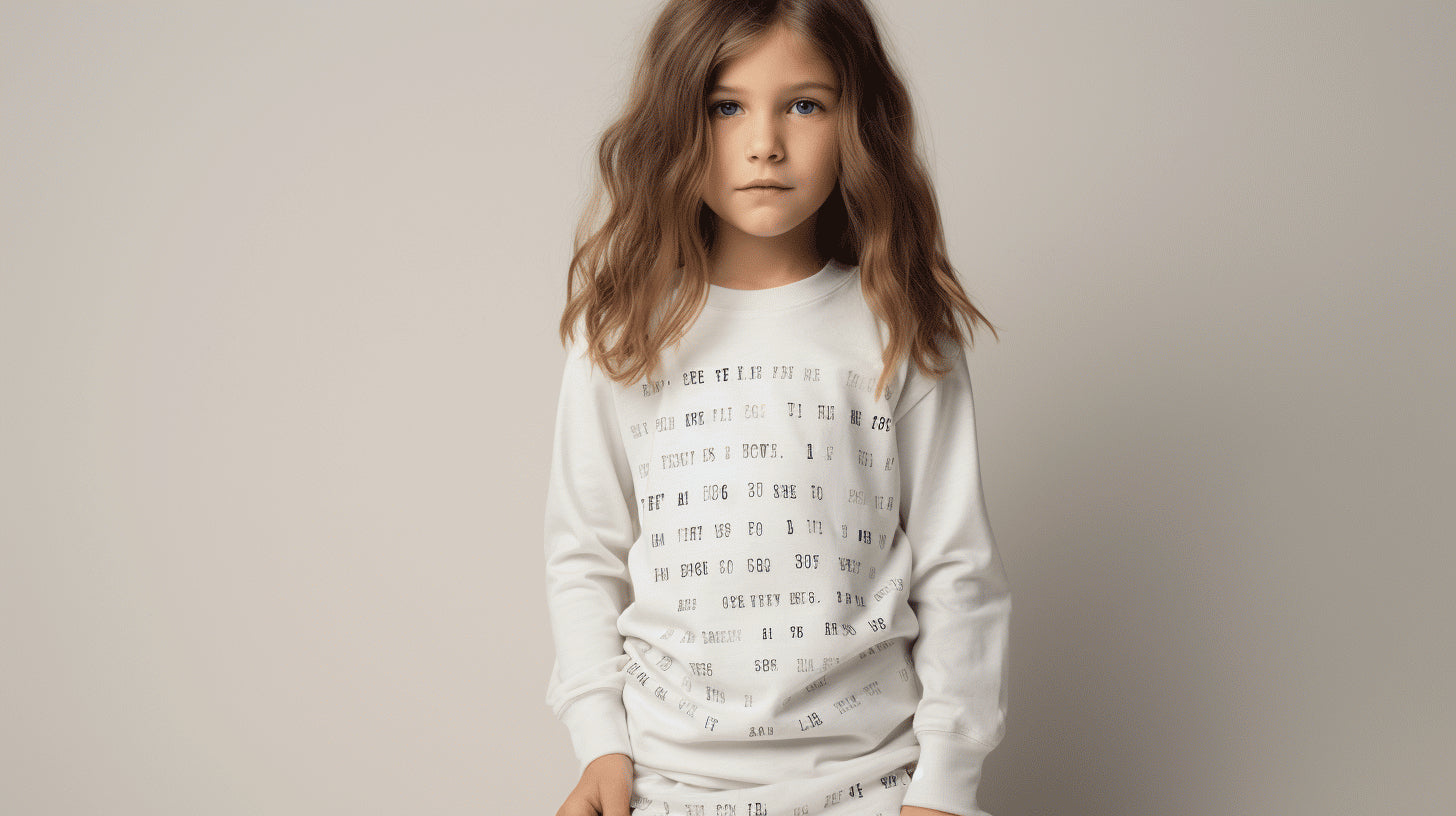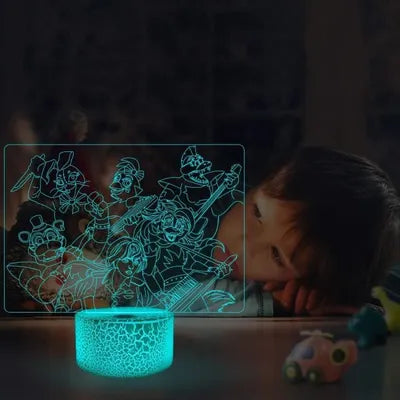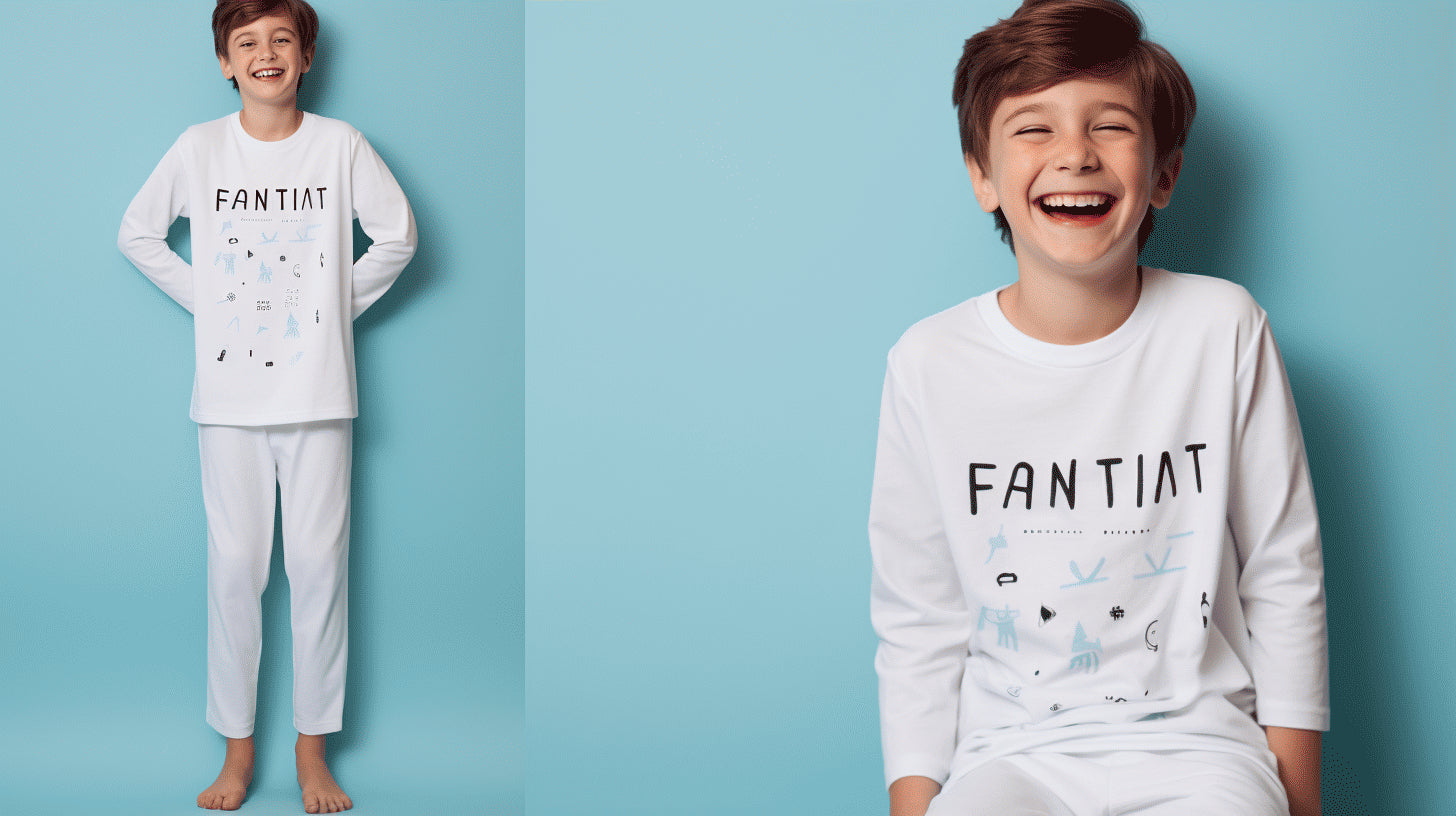Infants have a strong sucking reflex and this is why many people choose to give their baby a pacifier. Some parents warn against this practice, encouraging you to get him to attach to you rather than an inanimate object, while other parents warn that if you don't give him a pacifier, you will become his "lollipop".
Who is right ? Person !
It's up to you what works for you and your baby, and what works for others may not work for you.
When to introduce a pacifier?
A baby can use a pacifier from day one if he is formula-fed.
If you are breastfeeding, it is best to start breastfeeding before introducing another type of pacifier. Some babies have no problem going back and forth, but since you don't know if yours will or not, it's best to wait so you don't get confused with the pacifier and start by establishing your production of milk.
It is generally recommended not to start the pacifier before the third week and to wait between the fourth and eighth week . If you need to do it sooner (especially if you're going back to work), that's okay! Do your best, and if you start having trouble, learn how to get your baby back to the breast.
The pacifier and the teeth
Are pacifiers bad for your baby's teeth ? The answer is no. It is only when your baby sucks his thumb or uses a pacifier after the age of two that there is a risk of his bite being altered. It's unrealistic to think that many babies won't want to suck during those first two years.
A question like this may seem simple, but it actually involves very complex aspects of dental health and oral development , which are important for anyone who wants their child's teeth to be healthy and straight!
When the pacifier becomes a problem
The moment a pacifier becomes a problem is when it interrupts sleep. Many parents are tired of having to replace their baby's pacifier 8-10 times a night. In this case, the pacifier has become a bad sleep association that you can consider breaking.
If you think you can wait, that might be the best thing for your baby. Some babies are able to find their own pacifier at night, especially if you put 3, 4, or 8 in the crib (Check out the Ninja Pacifier Technique, which I explain here ), but it's usually not until around 6 months old. . Other babies won't learn to do this until much later.
When you become a "pacifier" for your baby
The pacifier is a common topic of conversation among parents, especially breastfeeding mothers. Indeed, babies use the pacifier to help them overcome the frustration of hunger. When they don't have a pacifier, they may turn to other objects, such as their thumb or a blanket they have as a comforter, to cope with this feeling.
But what to do when your baby doesn't want a pacifier? There are usually two options: find one that works or wait until he's old enough to suck his thumb himself.
My eldest son didn't want a pacifier, and it's not for lack of trying, so yes, he suckled a lot and yes, he developed an association with sleep (I didn't mind until this lasts all night! We continued to breastfeed him successfully until he was 13 months. He got into the habit of sucking on his comforter for several months (he stopped using it on his own), but I had the chance to never have to break the pacifier or thumb habit.
When my second son arrived, I decided not to give him a pacifier. It was difficult the first two months, but it has improved a lot and so far he hasn't sucked his thumb either.
Lollipops day and night
If your baby has trouble sleeping with a pacifier at night but not during the day (or vice versa), you can limit it to one or the other because baby sleep is managed by different parts of the brain for each. .
All in all, I think the pacifier can be a good solution (if you're okay with using it), until it becomes a problem. When it does more harm than good, you can get rid of it.
Do you use a pacifier? Did you have any difficulties because of this?
If you need help breaking sleep associations or solving other child sleep issues, you may be interested in our guide to getting baby to sleep easily.
In this free guide , you'll discover 5 things you absolutely need to know.
With a unique approach and practical tools for success, this guide will help you and your baby sleep better through the night.

"Reader's special" offer
Get 30% off the entire collection
>>> Sleep <<<
Take advantage of this special offer with the code
DODO30

